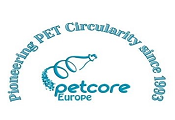Single-use plastics: Presidency reaches provisional agreement with Parliament
Yesterday, during the third and last trilogue regarding the “Proposal for a Directive on the reduction of the impact of certain plastic products on the environment”, commonly known as Single-use Plastics Directive Proposal, the European Parliament and Council reached a provisional agreement which is expected to be signed today by the national Environment Ministers.
The next step will be the European Parliament's vote on the agreement on 18-19 April 2019. Member States will then have two years to transpose it into national laws, which should come into force at the beginning of 2021.
Major points regarding PET
-
Recycled PET in beverage bottles : 25% in 2025, 30% en 2030
-
Separate collection targets for PET beverage bottles: 77% in 2025, 90% in 2029
-
Design Requirement for beverage bottles: Tethered cap in 2024
-
Consumption reduction of Food containers made of plastic (including PET) such as fast food boxes, with or without a cover, used to contain food that is intended for immediate consumption either on-the-spot or take-away, and that is ready to be consumed without any further preparation, like cooking, boiling or heating. The exact targets have to be adopted by the Members States.
General Summary
Products to be banned throughout the EU:
-
Plastic cutlery (forks, knives, spoons and chopsticks)
-
Plastic plates (an exemption might be foreseen until 2023)
-
Plastic straws
-
Food containers made of expanded polystyrene, such as fast food boxes, with or without a cover, used to contain food that is intended for immediate consumption either on-the-spot or take-away, and that is ready to be consumed without any further preparation, like cooking, boiling or heating
-
Beverage containers made of expanded polystyrene
-
Cups for beverages made of expanded polystyrene
-
Products made from oxo-degradable plastic (as they contribute to micro plastic pollution while negatively affecting the recycling of conventional plastic.
-
Cotton bud sticks made of plastic
Products which consumption will need to be reduced (qualitative targets to be adopted by the Members States):
-
Food containers made of plastic, such as fast food boxes, with or without a cover, used to contain food that is intended for immediate consumption either on-the-spot or take-away, and that is ready to be consumed without any further preparation, like cooking, boiling or heating.
-
Plastic cups for beverages, including their covers and lids
Extended Producer Responsibility schemes meaning brand owners are supposed to pay for the costs of waste management, clean up and awareness-raising measures for certain single-use plastics.


